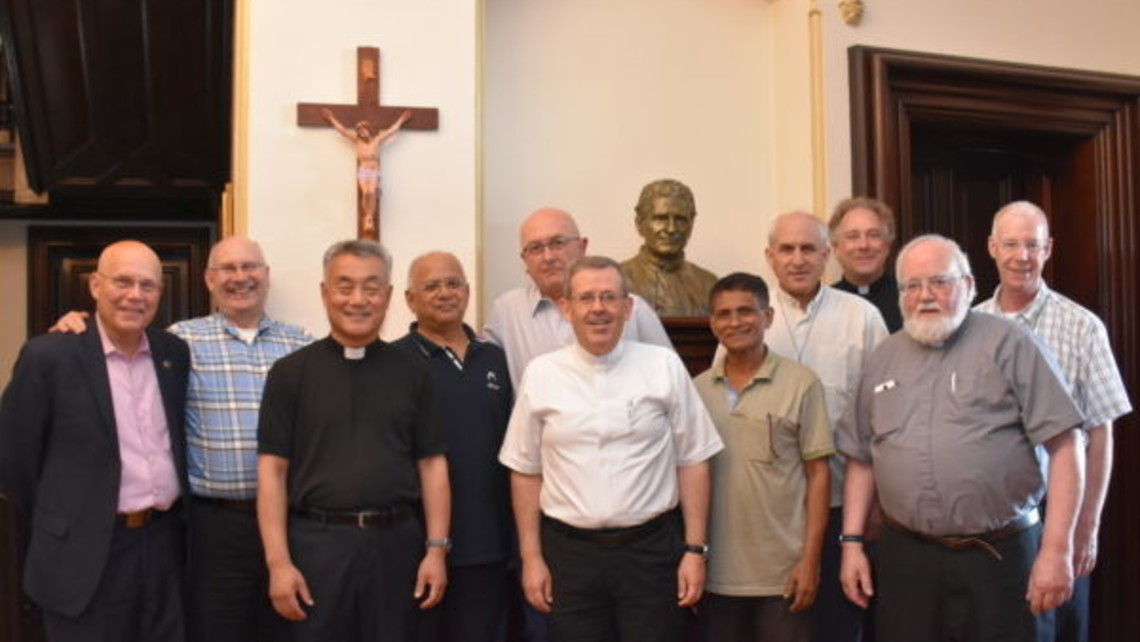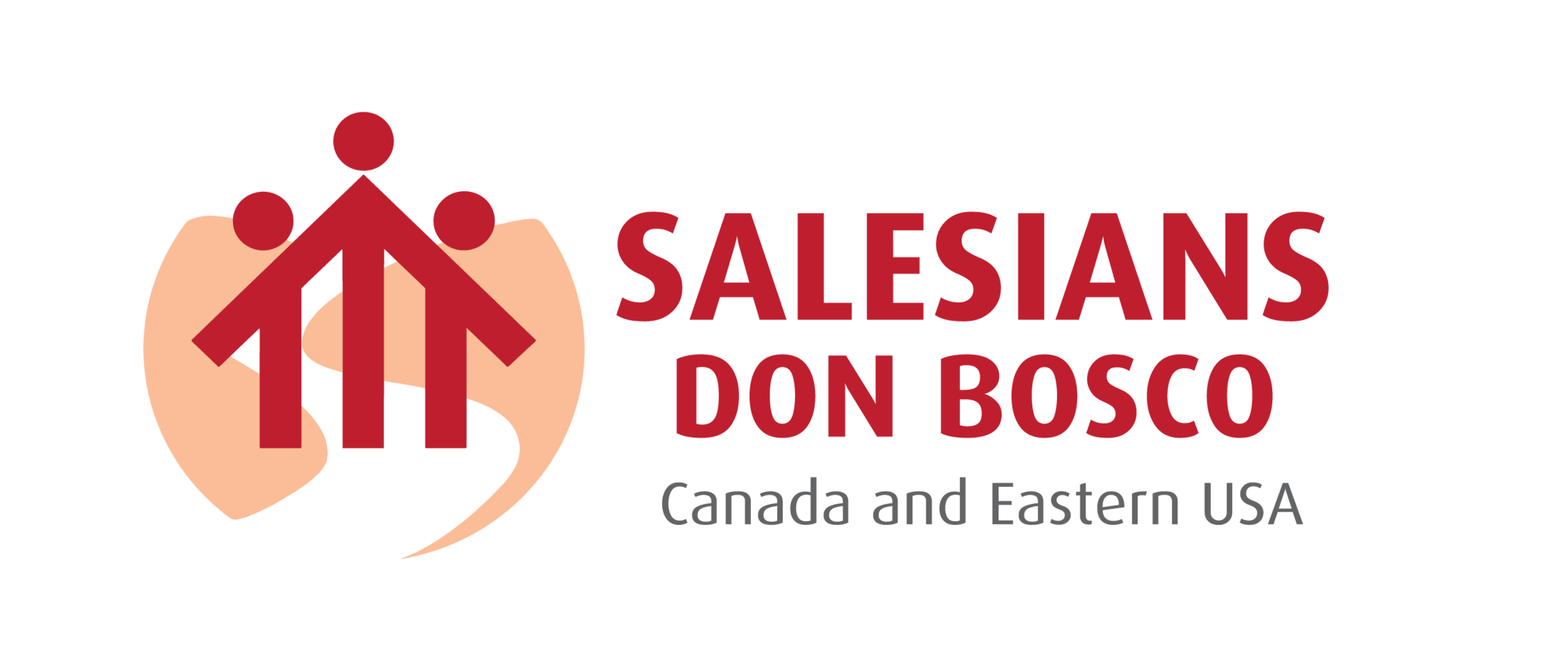
Dear Salesian Family,
Recently our province was blessed to host the annual review of the Salesian presence at the United Nations in New York. Three members of the general council (Fr. Fabio Attard, Fr. Guillermo Basañes, and Bro. Jean Paul Muller) and Fr. M.C. George from the Missions Dicastery came from Rome for this meeting. Fr. Thomas Pallithanam, the representative of the Salesians to the UN, presented an overview of the activities of this past year. This was followed by a review of the protocols and policies of this office. Finally, there was time for some proposals as we go forward. The day finished with a festive dinner with SDBs from the New York metro area, members of the administration of Salesian Missions, and Salesian Lay Missioners.
The Salesian presence at the United Nations enables the Salesian Society to engage in dialogue with governments and non-government organizations, with the hope of influencing policies that affect the lives of the young. By being at the UN, the Salesians can speak for those whose voice is disregarded. Advocating for the rights of the young complements the extensive work of the Salesians provided in our schools, youth centers, parishes, etc. Our mission to the young includes this important aspect of speaking on their behalf and defending their rights.
The annual review of the Salesian presence at the UN gives us all an occasion to consider how our Salesian presences include some aspect of advocacy. Our ministry would be incomplete without it. What, then, does advocacy look like in our local Salesian presences?
– Part of advocacy is raising awareness of injustices or problems in society. Our Salesian presence might organize a series of educational presentations on human rights violations. A parish might include a flyer on the principles of Catholic social teaching in its bulletin.
– Advocacy works at influencing public policies. Leaders in a Salesian presence might encourage parents, teachers, or volunteers to attend a town hall meeting or call elected officials to speak about a particular issue that affects the young and their families. Volunteers outside of Mass might ask parishioners to sign a petition that promotes the improvement of working conditions or safer neighborhoods.
– As people of faith, our advocacy flows from our relationship with God. Prayer is essential. We can include concerns of society in our prayers of the faithful—for example, an end to violence, defense of human life, care for creation. Parishioners might go together to an interfaith prayer service for peace or pray the Rosary outside an abortion clinic.
– Our work for the rights of the young is more effective when we work with others who share this concern. Advocacy involves networking. Representatives of our Salesian presence might join a diocesan commission for education. The justice and peace committee might work with the Catholic conference at the state level to prevent assisted suicide.
At the annual review of the Salesian presence at the U.N., the committee agreed to a slight but significant change in one of the documents. We agreed that greater emphasis can be placed on involving the young people themselves in the process of advocacy and social change. We not only advocate for but also with the young. All the suggestions listed above can include young people, especially young adults, as leaders.
It is interesting to note that in the USCCB document “Renewing the Vision,” published in 1996, advocacy is included as one of the seven essential components of comprehensive youth ministry. As we move into this new academic-pastoral year, it is worthwhile reflecting on the place of advocacy in your local Salesian presence.
Congratulations to the FMAs on the first professions celebrated on August 5. We look forward to the renewal of professions of the SDBs on August 16 and perpetual professions on August 17.
Sincerely,
Fr. Tim Zak






